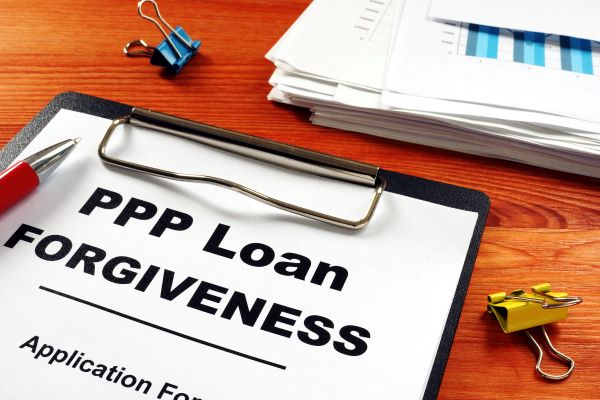
Source https://www.journalofaccountancy.com/news/2020/jun/ppp-loan-forgiveness-changes-coming.html
New Act Makes It Easier To Qualify For Forgiveness
June 5, 2020
As of June 5, 2020, the Paycheck Protection Program Flexibility Act (PPPFA) is now law. Among other things, the Act makes it easier for recipients of Paycheck Protection Program (PPP) loans to qualify for forgiveness. That’s important to the millions of small businesses that received PPP loans.
Following is a summary of the legislation’s main points compiled by the AICPA:
- Current PPP borrowers can choose to extend the eight-week period to 24 weeks, or they can keep the original eight-week period. New PPP borrowers will have a 24-week covered period, but the covered period can’t extend beyond Dec. 31, 2020. This flexibility is designed to make it easier for more borrowers to reach full, or almost full, forgiveness.
- A reduction in the amount that needs to go to payroll costs in order to qualify for forgiveness. Now, after the PPPFA, 60% of loan proceeds must be spent on payroll costs, down from 75%. That means that forgivable non-payroll expenses can be as high as 40% of spending, up from 25%. What qualifies as a forgivable expense has not changed. >>Update: SBA and Treasury clarified on June 8 that the 60% threshold is not a cliff and that partial forgiveness is available under 60%.<<
- Borrowers can use the 24-week period to restore their workforce levels and wages to the pre-pandemic levels required for full forgiveness. This must be done by Dec. 31, a change from the previous deadline of June 30.
- The legislation includes two new exceptions allowing borrowers to achieve full PPP loan forgiveness even if they don’t fully restore their workforce. Previous guidance already allowed borrowers to exclude from those calculations employees who turned down good faith offers to be rehired at the same hours and wages as before the pandemic. The new bill allows borrowers to adjust because they could not find qualified employees or were unable to restore business operations to Feb. 15, 2020, levels due to COVID-19 related operating restrictions.
- New borrowers now have five years to repay the loan instead of two. Existing PPP loans can be extended up to 5 years if the lender and borrower agree. The interest rate remains at 1%.
- The bill allows businesses that took a PPP loan to also delay payment of their payroll taxes, which was prohibited under the CARES Act.
In a statement issued Friday, the AICPA thanked Congress for the flexibility legislation and encouraged small businesses to apply for PPP loans.
“Some small businesses may have hesitated to apply for PPP funds because of challenges with the old forgiveness rules. We encourage CPA firms to share how the PPP Flexibility Act greatly improved these rules, which may help more small businesses apply for relief.”
“CPA firms have worked tirelessly to help their small business clients understand, as best possible, the PPP’s policies and apply for financial relief,” Mark Koziel, CPA, AICPA executive vice president–Firm Services, said in the statement.
For the full article visit: https://www.journalofaccountancy.com/news/2020/jun/ppp-loan-forgiveness-changes-coming.html
